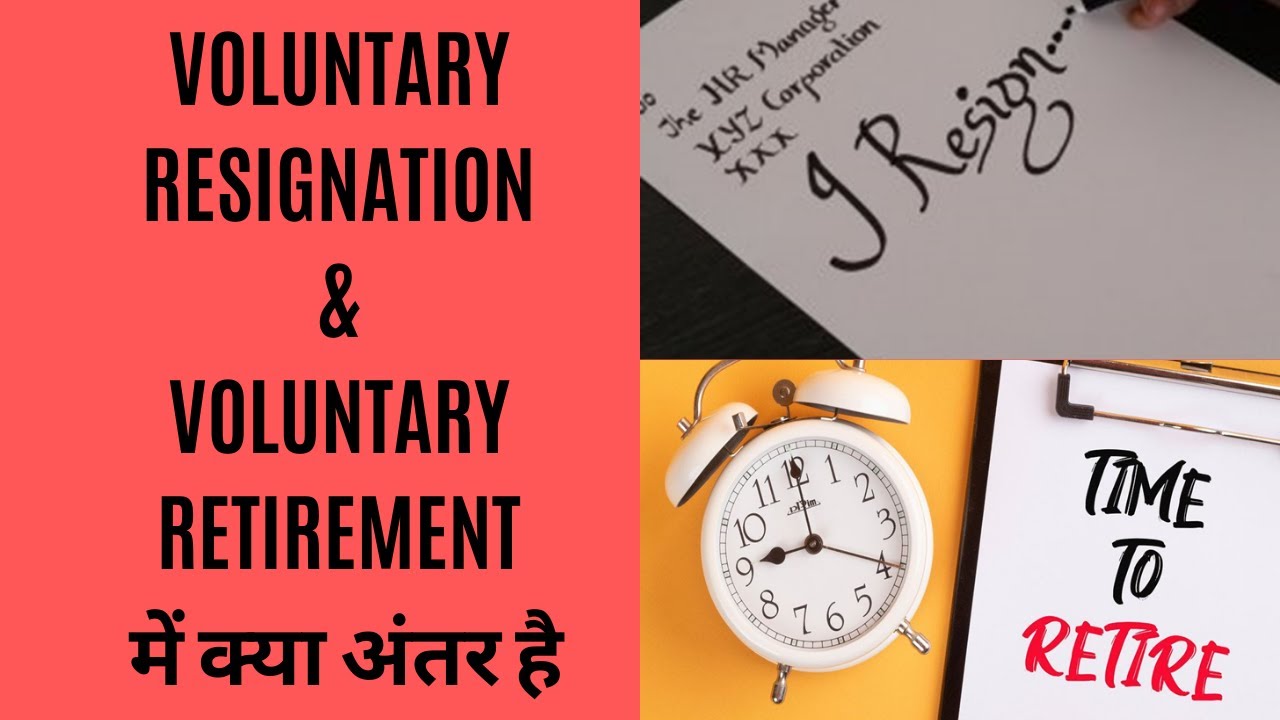Ajay Kumar Mittal, J.@mdashChallenge in this petition filed under article 226/ 227 of the Constitution of India is for quashing the show-cause notice dated March 10, 2014, annexure P-1 whereby respondent No. 2 has called upon the petitioner to show cause to respondent No. 3 as to why period of six months prescribed under section 110(2) of the Customs Act, 1962 (in short, "the Act") be not further extended for six months. A few facts relevant for the decision of the controversy involved as narrated in the petition may be noticed. The petitioner is engaged in the business of trading of imported automobile parts. It was directly importing automobile parts and selling in the domestic market. On September 20, 2013, officers of respondent No. 2 searched the various premises of the petitioner. During the search, the respondent seized complete record of the petitioner as well as goods lying in the godown. The respondent also seized eight containers lying at the port. The petitioner being an importer, as and when intended to seek clearance of goods for home consumption has to file bill of entry as contemplated under section 46 of the Act. As per prescribed procedure under the Act, before permitting clearance of goods for home consumption, goods are physically examined, samples are drawn and assessment order is passed under section 17 read with section 47 of the Act. During the search, it was alleged that the petitioner mis-declared the value of the imported goods at the time of filing the bill of entry and short-paid duty in comparison to their actual liability. The petitioner filed C.W.P. No. 970 of 2014 for release of goods lying in godown. On September 21, 2013, the respondent authority recorded statement of Shri Tarun Monga, partner of the petitioner. The petitioner had no option except to state that there was some difference/undervaluation in the documents shown to him. The petitioner deposited a sum of Rs. 25 lakhs because the respondent agreed to release the goods only on deposit of Rs. 25 lakhs. According to the petitioner, in spite of assurance given by the respondent, the goods have not been released till date. The petitioner requested the respondent authorities many times for release of the goods but they neither released the goods nor issued show-cause notice. Instead the respondent issued the impugned show-cause notice to the petitioner as to why the period prescribed under section 110(2) of the Act should not be further extended for six months. Hence the present petition by the petitioner.
2. We have heard learned counsel for the petitioner and perused the record.
3. The learned counsel for the petitioner relied upon judgments in
4. This court, in Larsen and Toubro Ltd. v. State of Haryana [2012] (2) 166 PLR 345, considering the question of entertaining writ petition where alternate statutory remedy was available, had in paragraphs 6 and 7 observed as under:
"6. The following are the broad principles when a writ petition can be entertained without insisting for adopting statutory remedies:
(i) where the writ petition seeks enforcement of any of the fundamental rights;
(ii) where there is failure of principles of natural justice; or
(iii) where the orders or proceedings are wholly without jurisdiction or the vires of an Act is challenged.
7. We are not inclined to entertain this petition against the assessment order as it does not fulfill any of the broad outlines noticed herein above. The apex court, in
''Under the scheme of the Act, there is a hierarchy of authorities before which the petitioners can get adequate redress against the wrongful acts complained of. The petitioners have the right to prefer an appeal before the prescribed authority under sub-section (1) of section 23 of the Act. If the petitioners are dissatisfied with the decision in the appeal, they can prefer a further appeal to the Tribunal under sub-section (3) of section 23 of the Act, and then ask for a case to be stated upon a question of law for the opinion of the High Court under section 24 of the Act. The Act provides for a complete machinery to challenge an order of assessment, and the impugned orders of assessment can only be challenged by the mode prescribed by the Act and not by a petition under article 226 of the Constitution. It is now well recognised that where a right or liability is created by a statute which gives a special remedy for enforcing it, the remedy provided by that statute only must be availed of. This rule was stated with great clarity by Willes J. in Wolverhampton New Water Works Co. v. Hawkesford [1859] 6 CB (NS) 336 at page 356 in the following passage:
"There are three classes of cases in which a liability may be established founded upon the statute. But there is a third class, viz., where a liability not existing at common law is created by a statute which at the same time gives a special and particular remedy for enforcing it the remedy provided by the statute must be followed, and it is not competent to the party to pursue the course applicable to cases of the second class. The form given by the statute must be adopted and adhered to."
The rule laid down in this passage was approved by the House of Lords in Neville v. London "Express" Newspaper Ltd. [1919] AC 368 (HL) and has been reaffirmed by the Privy Council in Attorney-General of Trinidad and Tobago v. Gordon Grant and Co. [1935] AC 532 (PC) and
The judgments relied upon by the learned counsel for the petitioner were based on individual facts involved therein and consequently, they do not come to the rescue of the petitioner.
In view of the above, we do not find any merit in the writ petition and the same is hereby dismissed. However, it shall be open to the petitioner to submit reply to the show-cause notice taking all the pleas raised in the writ petition. The respondent authority shall pass a speaking order after discussing the objections raised by the petitioner in accordance with law.

